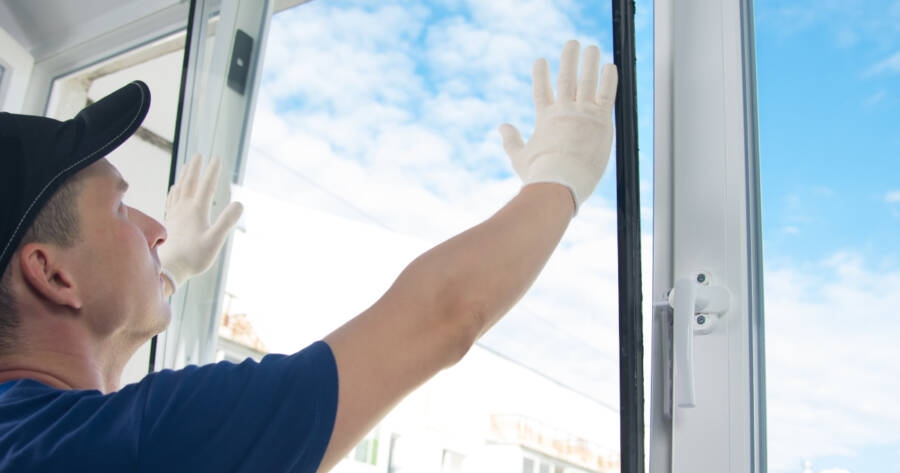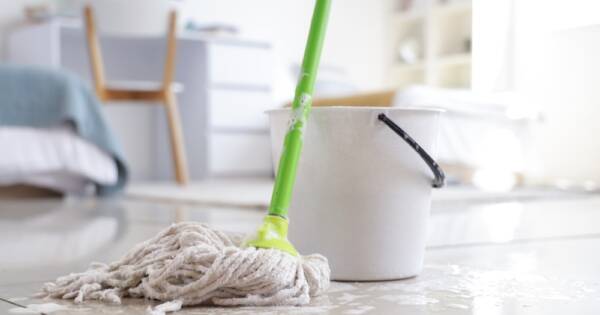The path towards energy efficiency and a lower electric bill often involves costly window replacement renovation projects. Fortunately, you can learn how to replace your windows for a low-cost with a window replacement grant.
Why Window Replacement is Important
Windows play a pivotal role in maintaining the temperature and aesthetic appeal of our homes.1 Old or inefficient windows can lead to increased energy costs, decreased comfort, and a reduced value of your property. By replacing them, homeowners can enjoy benefits such as:
- Lower energy bills.
- Increased home value.
- Improved indoor comfort throughout seasons.
- Enhanced curb appeal.
Additionally, with the current emphasis on green living, having energy-efficient windows can reduce your carbon footprint, contributing to a more sustainable future.
Understanding Window Replacement Grants
Window replacement grants are essentially free money provided to homeowners to help cover the cost of new windows. These grants are often funded by governmental organizations, non-profits, or energy companies with an interest in promoting energy efficiency.2 Unlike loans, these grants don’t need to be repaid, making them an attractive option for those looking to upgrade without incurring debt.
Eligibility and Application
The eligibility criteria for window replacement grants can vary based on the organization offering them. Common criteria include:
- Owning and residing in the home that needs the upgrade.
- Meeting certain income requirements.
- Having windows that are proven to be inefficient or old.
The application process often involves filling out a detailed application form, providing documentation to prove eligibility, and sometimes undergoing a home energy audit. It’s essential to pay close attention to the guidelines and provide accurate and complete information to increase your chances of approval.
Tips to Secure a Grant Successfully
- Research widely: Begin by searching for grants available in your local area.3 Local government websites, energy company portals, and non-profit organizations can be good starting points.
- Start early: Many of these grants are offered on a first-come, first-served basis. Applying early increases your chances of securing the funds.
- Provide complete documentation: Ensure you provide all the necessary documentation required by the grant provider. Missing out on any paperwork can lead to delays or disqualification.
- Consult a professional: Sometimes, a local contractor familiar with energy-efficient upgrades may be aware of specific grants or incentives available in your area. They might also provide insights into the application process.
- Stay updated: As with all programs, the availability and criteria for window replacement grants can change. Regularly check the relevant websites or platforms for any updates.
Alternative Financing Options
If you find that you’re ineligible for grants or if the funds have been exhausted, don’t lose hope. There are other avenues you can explore:
- Rebates: Some energy companies offer rebates for homeowners who install energy-efficient windows. While this might not cover the entire cost, it can significantly offset it.
- Low-interest loans: Some organizations provide loans specifically for energy-efficient home upgrades. These often come with lower interest rates than traditional loans.
- Tax credits: At times, national or local governments may offer tax credits to homeowners who make energy-efficient improvements. This can result in savings when filing your annual tax return.
Maintenance and Care of Your New Windows
Once you’ve invested in upgrading your windows, understanding how to maintain them becomes paramount. New windows often come with user-friendly features that make cleaning and maintenance a breeze.
Most modern designs are built to resist dirt, water spots, and even UV damage. However, occasional cleaning, checking the seals, and ensuring no structural issues will prolong their lifespan and keep them functioning optimally.
The Lifespan and Durability of New Windows
When considering window replacement, homeowners should be aware of the longevity and resilience offered by newer models. Modern windows are not just designed for energy efficiency but also for durability.
With advancements in technology, materials, and construction techniques, most new windows can last upwards of two decades with minimal maintenance. The longevity ensures that homeowners won’t have to revisit replacements frequently, offering peace of mind and added financial benefits in the long run.
Learn More Today
Upgrading your home with energy-efficient windows is not only beneficial for the environment but can also lead to significant savings in the long run. While the initial costs might be daunting, the availability of window replacement grants provides a beacon of hope for homeowners looking to make this worthy investment. By understanding the grants, researching diligently, and exploring other financing options, a lost-cost home upgrade can be well within your reach.




